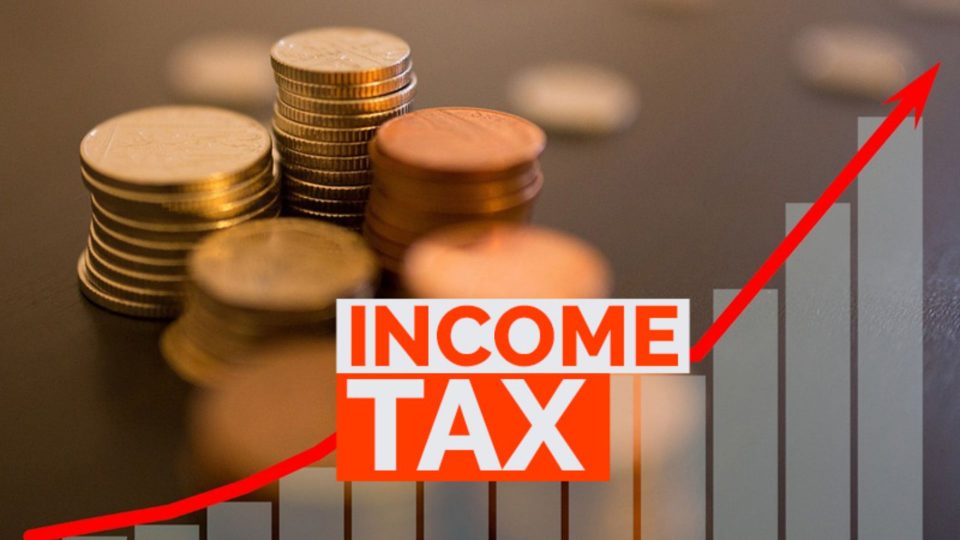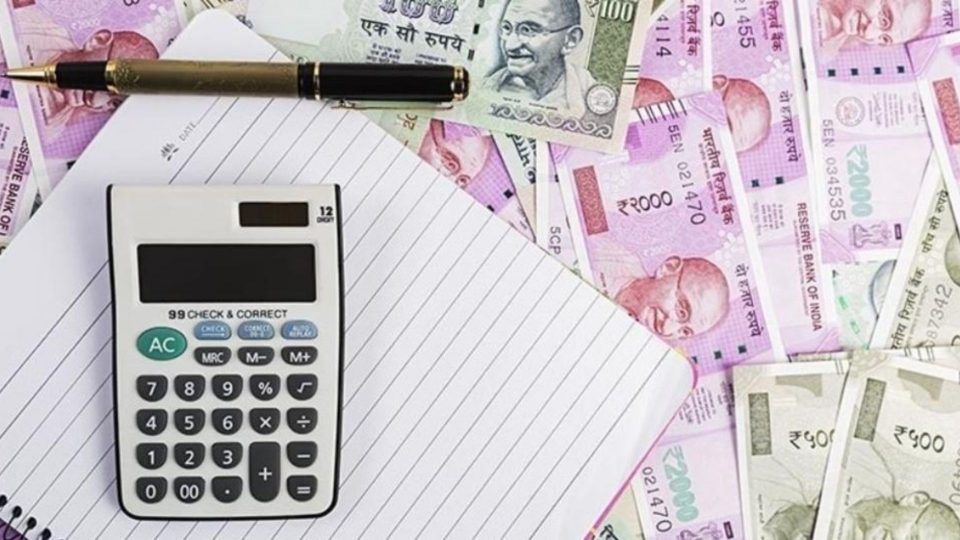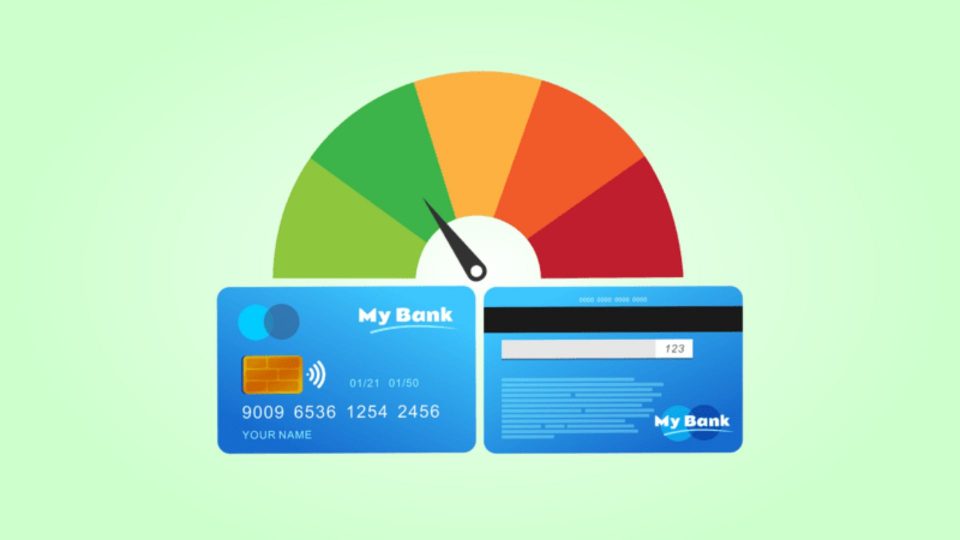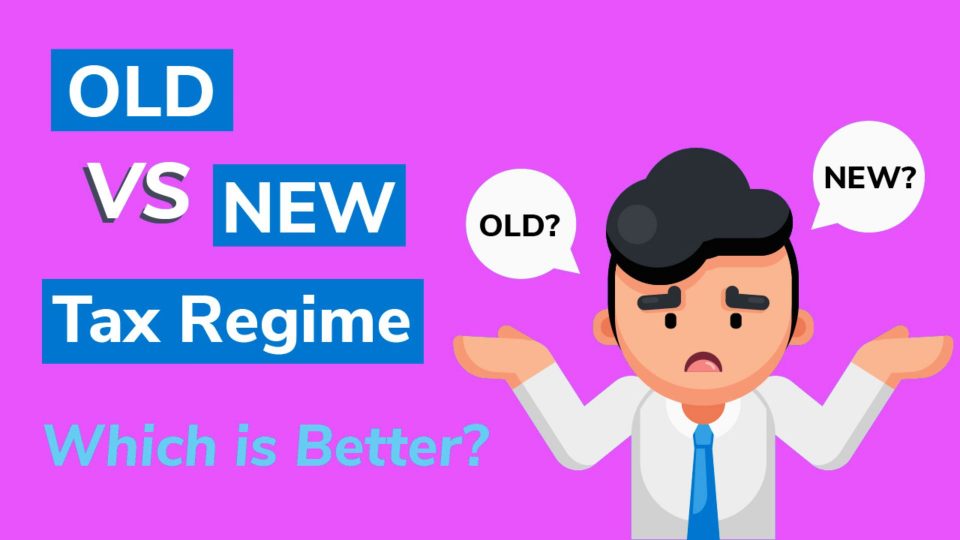RBI Revises The Rules Regarding Debit & Credit Card Issuance

The Reserve Bank of India (RBI) has revised and underlined the new rules for debit & credit cards. Central Bank after noticing the suspicious activities of commercial banks regarding issuing or upgrading the cards of customers without any prior consent has levied new penalties. The institution is also looking at the matter of issuing credit cards by Non-Banking Financial Institutions (NBFCs) without getting approval from the regulator.
RBI has also notified the banks not to adjust the principal of the loan with interest overdue which causes negative amortization. Bank has also said not to capitalize unpaid charges, levies, and taxes for compounding of interest. The new guidelines of RBI are to be in effect from July 1, 2022, for all the scheduled Banks and NBFCs.
Who Can Issue Credit Cards?
Banks having a net worth of 100 Cr and above are allowed by RBI to carry out Credit Card Business. They are permitted to do so either independently or after collaborating with other card issuing Banks or NBFCs. Urban Cooperative Banks (USBs) with a net worth of at least 100 Cr are also permitted by RBI to issue credit cards.
A minimum net worth of 100 Cr is an unavoidable condition for the NBFCs to carry out the credit card & debit card business as stated by RBI.
Also read:
Atal Pension Yojana: You Can Get ₹5000 Monthly From Government
RBI said, “In case, an unsolicited card is issued/existing card upgraded and activated without the explicit consent of the recipient and the latter is billed for the same, the card-issuer shall not only reverse the charges forthwith but also pay a penalty without demur to the recipient amounting to twice the value of the charges reversed. In addition, the person in whose name the card is issued can also approach the RBI Ombudsman who would determine the amount of compensation payable by the card-issuer to the recipient of the unsolicited card as per the provisions of the Ombudsman Scheme, i.e., for loss of complainant’s time, expenses incurred, harassment and mental anguish suffered by him/her.”
Further added, “Card-issuers shall seek One Time Password (OTP) based consent from the cardholder for activating a credit card if the same has not been activated by the customer for more than 30 days from the date of issuance. If no consent is received for activating the card, card issuers shall close the credit card account without any cost to the customer within seven working days from the date of seeking confirmation from the customer.”




